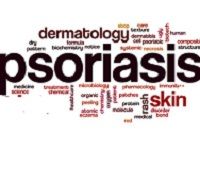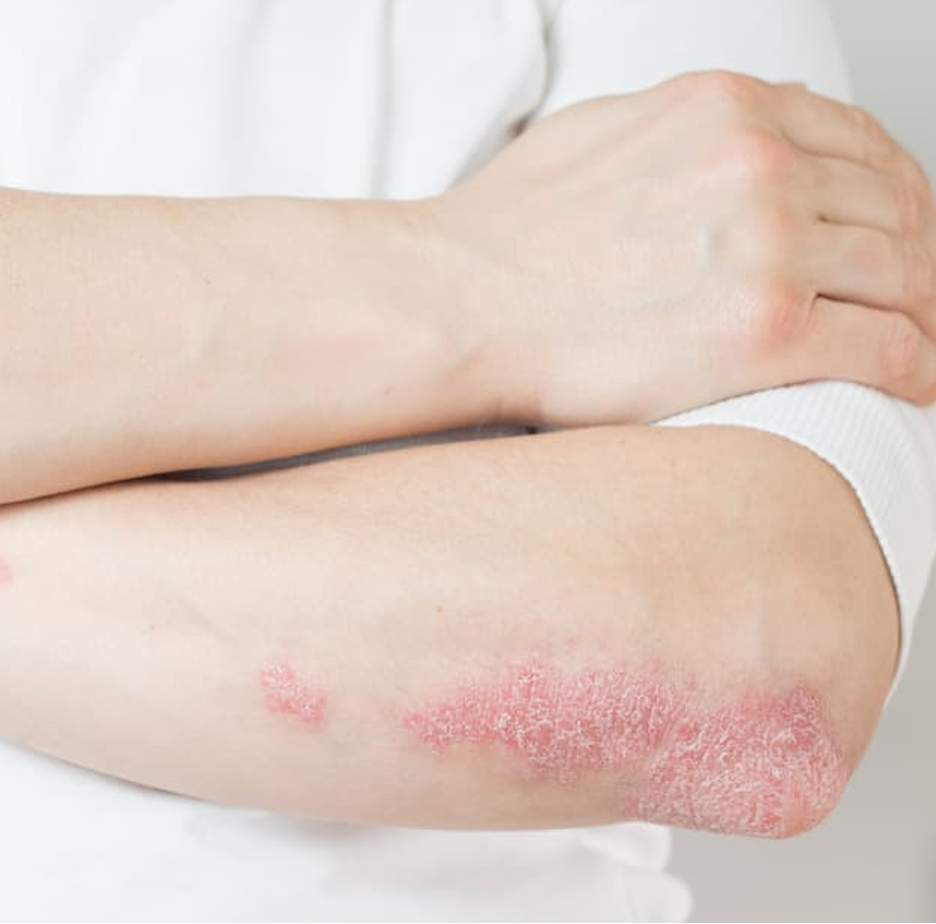Article
Questionnaire for Psoriatic Arthritis Not Good Enough?
Author(s):
The Health Assessment Questionnaire (HAS) used among patients with psoriatic arthritis (PsA) may need a tuneup, researchers found.

Researchers recently reviewed how the Health Assessment Questionnaire (HAS) is being used among patients with psoriatic arthritis (PsA) and raises some questions and concerns about using the tool as a measure of PsA. Jessica Gonzalez, BS, and Alice Gottlieb, MD, PhD, conducted the review, which was published in the spring 2016 issue of the Journal of Psoriasis and Psoriatic Arthritis.
The HAQ was developed in 1979, and was originally called the Arthritis Assessment Questionnaire. The name was changed, the authors say, because it “better reflected the questionnaire’s diverse use in osteoarthritis, juvenile RA [rheumatoid arthritis], systemic lupus erythematosus, ankylosing spondylitis, fibromyalgia, systemic sclerosis, and psoriatic arthritis.” The authors conducted a literature search in order to identify studies about PsA that used the HAQ.
“A common source of confusion with HAQ use comes from its multiple formats and versions” say the authors, noting that the full HAQ includes a disability index (DI) as well as a visual analog scale (VAS), as well as sections on health status and behavior, lifestyle, treatments, and physical and emotional problems. There are also concerns regarding scoring the HAQ and that there may be both a ceiling and a floor effect.
Since the HAQ was originally designed to assess rheumatoid arthritis (RA), it has been modified and validated for use with other populations, including patients with PsA. In 1995, attempts were made to modify the HAQ for more effective use with PsA patients, but the result, the HAQ-SK “was never adopted for widespread use in psoriatic arthritis, but the concerns for the use of HAQ in the psoriatic arthritis population due to lack of correlations with psoriasis severity and the unmeasured role of psychosocial factors still remained,” say the reviewers.
The main problem with the HAQ being used in PsA, say the authors, is “most validation studies have looked at patients with mild psoriasis or have not objectively assessed psoriasis severity.” The amount of skin involvement for PsA patients could certainly have an impact on psychological factors as well as overall quality of life.
The researchers conclude, “More studies would be beneficial to confirm the true validity, reliability and MCID [minimal clinically important difference] of the questionnaire in a psoriatic arthritis with more severe psoriasis.” The add that the HAQ should not be the only measure of psoriatic arthritis and that the concerns regarding the tool should be considered when it is implemented.





